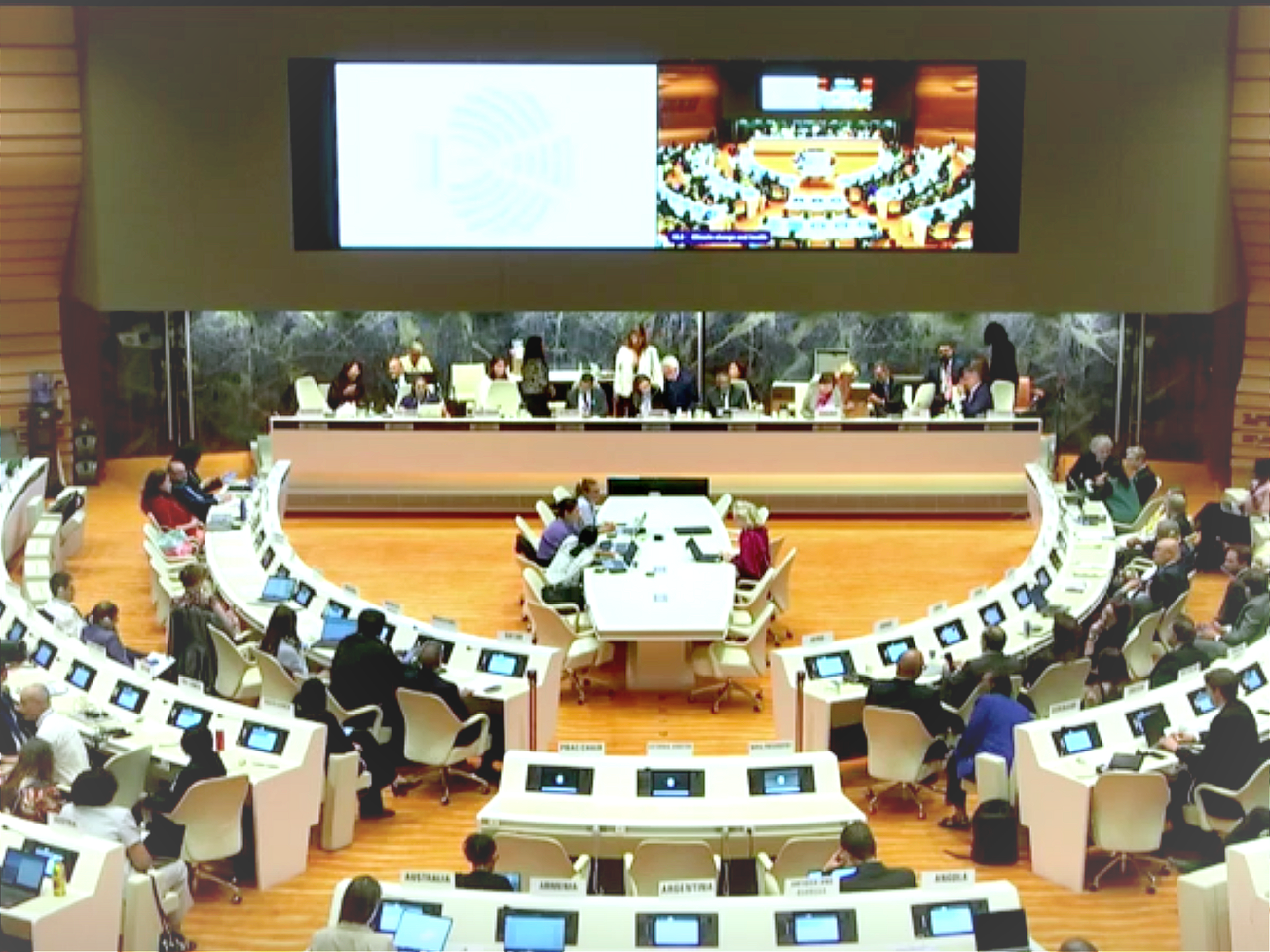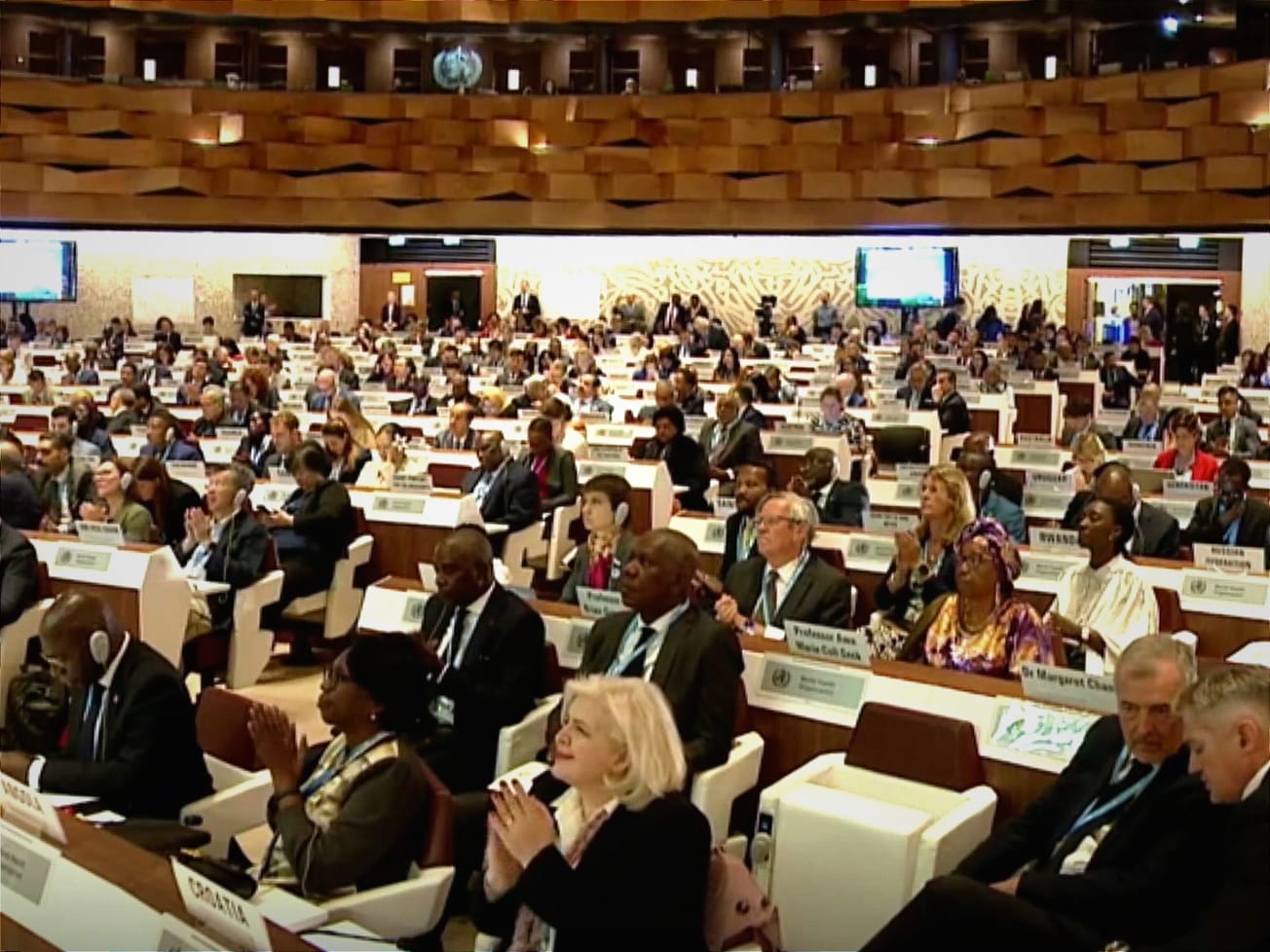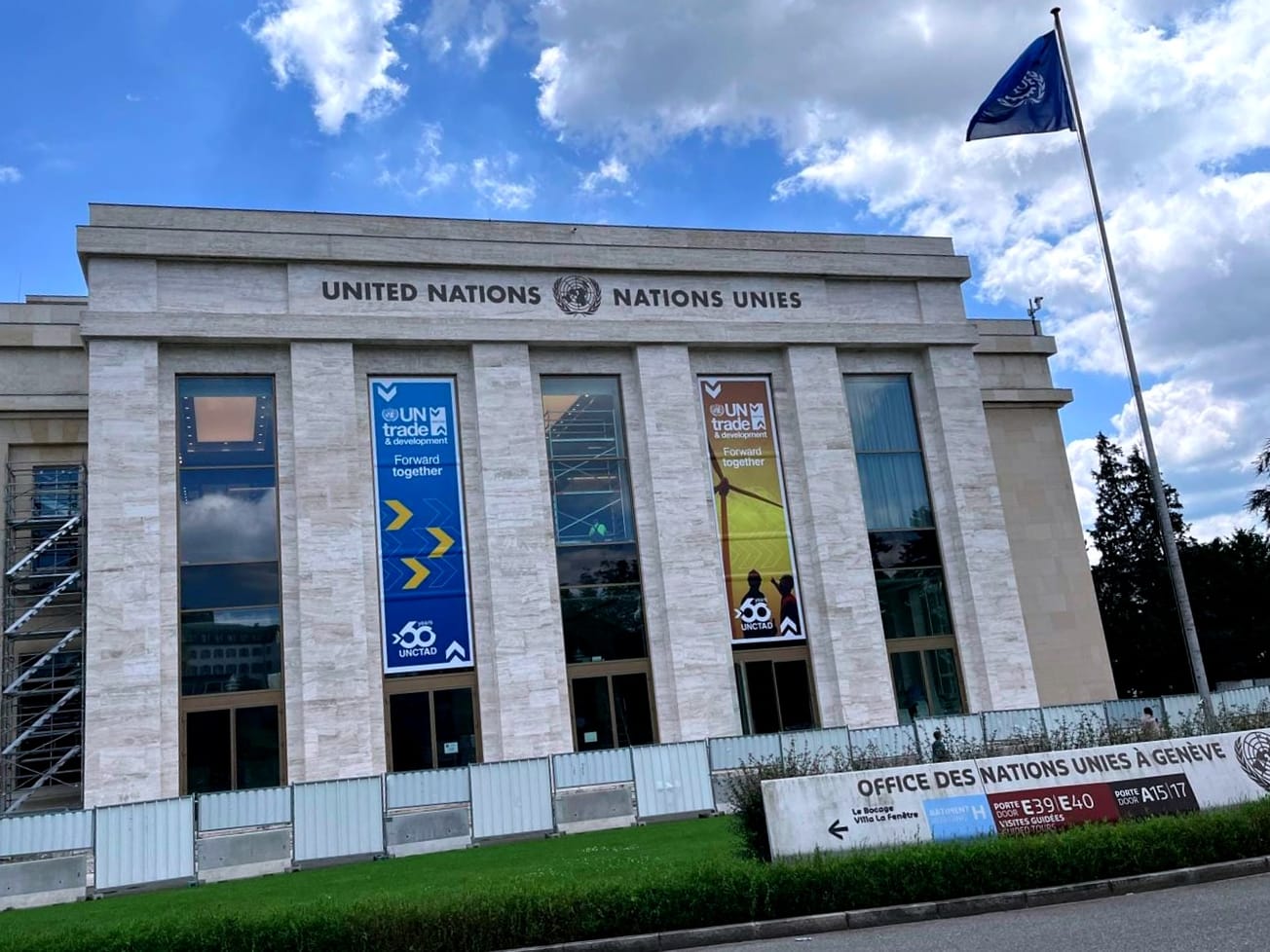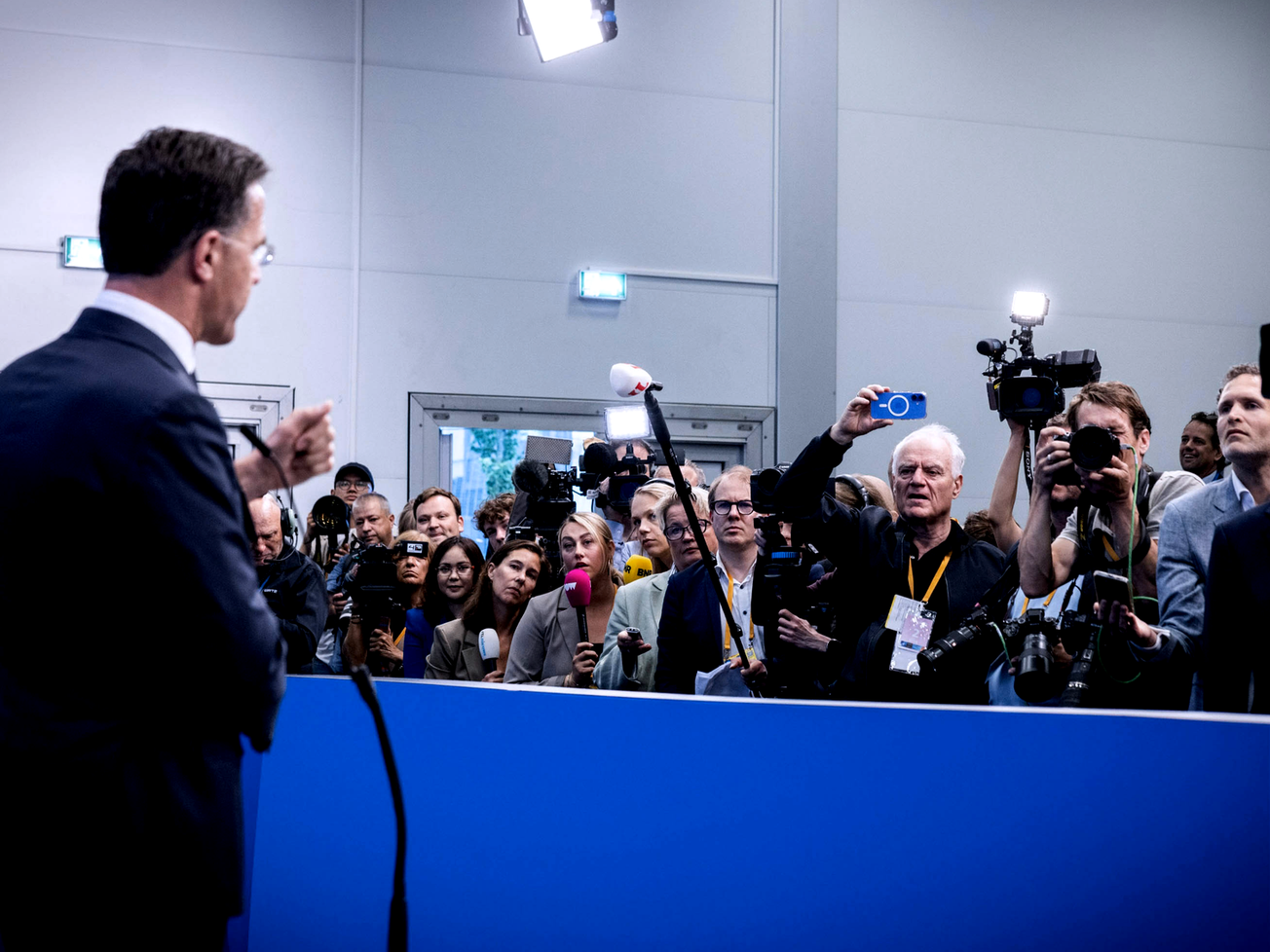UNITED NATIONS (AN) — The U.N. General Assembly adopted a landmark political declaration that calls on all nations to work towards enabling everyone to have affordable, quality health services by 2030.
The globally adopted political declaration on universal health coverage, or UHC, on Monday reaffirmed "the right of every human being to the enjoyment of the highest attainable standard of physical and mental health, without distinction of any kind."








